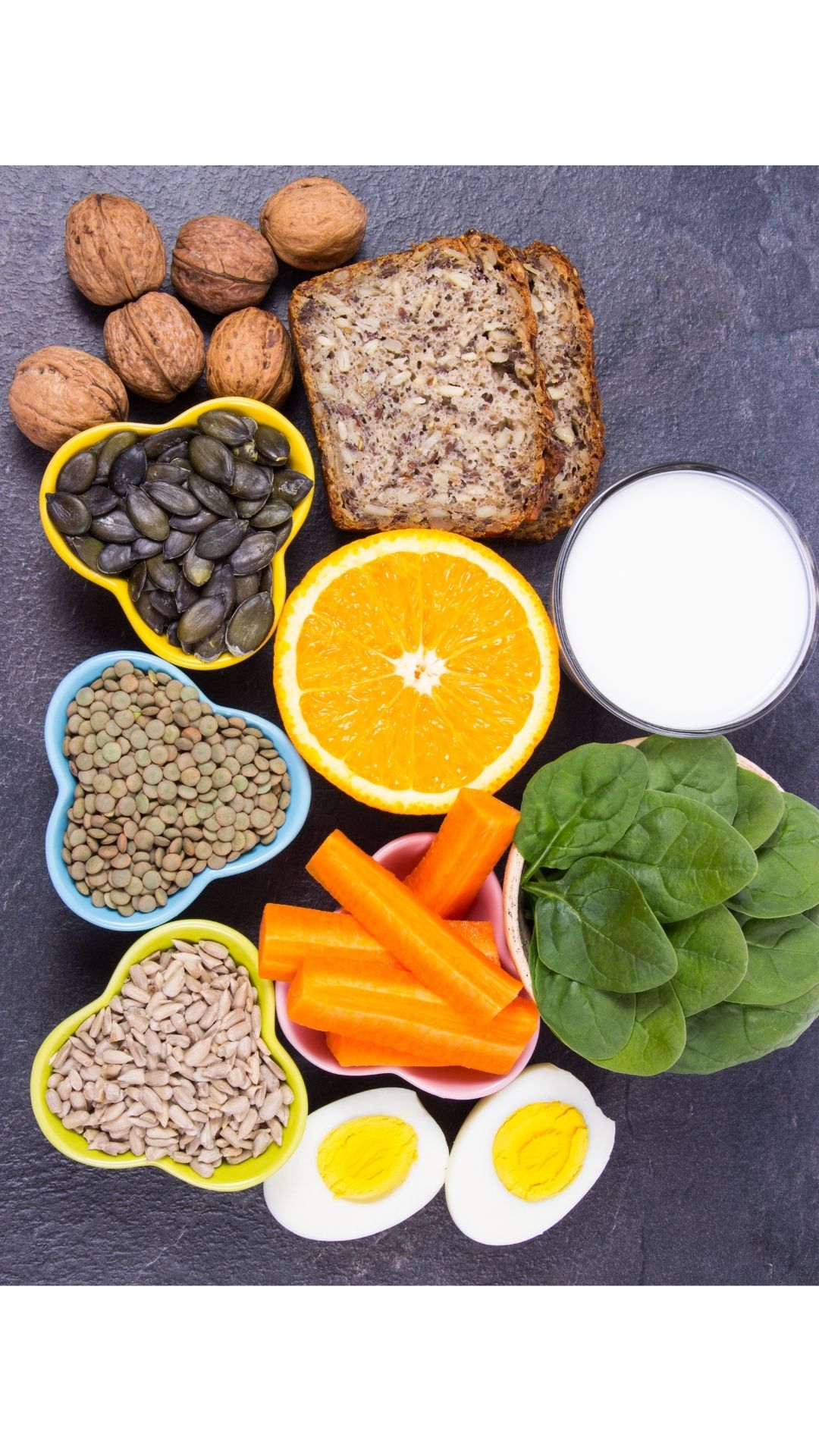Thiamine is needed for energy metabolism and cellular function. It is needed as a cofactor for conversion of carbohydrates to energy and is also important for normal heart muscle function
STARTS AT ₱4,200.00
-

10 to 12 hours fasting
-

3 days prior: Discontinue all nonessential medications and dietary supplements. If not possible, specify the list of medications and supplements the patient is taking.
Patient preparation
It is needed for energy metabolism and cellular function1. It is needed as a cofactor for conversion of carbohydrates to energy; and together with manganese, it is involved in oxidative carboxylation reactions. Furthermore, it is important for normal heart muscle function2.
Signs and Symptoms of Deficiency or Toxicity
B1 deficiency may develop within 10 days (marginal) to 21 days (severe) with inadequate dietary intakes. Signs and symptoms for marginal deficiency include poor sleep, malaise, weight loss, irritability, and confusion. Severe deficiency may result to congestive heart failure (wet beriberi), peripheral neuropathy (dry beriberi), and encephalopathy3.
Poor nutrition due to chronic alcoholism, have chronic gastrointestinal problems, severe anorexia, cancer or diuretic treatment1. It may also be brought about by a diet consisting mostly of polished rice or refined wheat flour or food faddists4.
Toxicity of water-soluble vitamins is unlikely5.
Biomarker and Methods of Analysis
THIAMINE IN WHOLE BLOOD
LC-MS/MS analysis of thiamine diphosphate in whole blood or erythrocytes is the most sensitive, specific, and precise method for determining the nutritional status of thiamine and is a reliable indicator of total body stores. This assay specifically targets and quantitates the active form of vitamin B1 (thiamine diphosphate) as an indicator of vitamin B1 status.
Serum or plasma thiamine testing suffers from poor sensitivity and specificity and only less than 10% of blood thiamine is contained in plasma. 3
Supplementation Guide
Supplementation guidelines is available in the prevention and management of refeeding syndrome among high risk patients. The dosing of thiamine which is preferentially administered orally, is 1-2 mg/kg with a maximum adult dose of 100 mg daily. It must be given daily for the first week6.
A UL for thiamine is yet to be determined for Filipinos. However, the International Alliance of Dietary/Food Supplement Associations (IDSA) suggests an OSL of 100 mg7.
Prepare for a Test
Find a hospital
Thiamine is rich in yeast extracts, pork, fortified breakfast cereals. Other important sources are beansprouts, cornflour, green peas, lima beans, and potatoes 8.
(2) Huskisson E, Maggini S, Ruf M. The role of vitamins and mineral in energy metabolism and well-being. The Journal of International Medical Research 2007; 35: 277-289
(3) Mayo Clinic Medical Laboratories. (n.d.). Test Catalog. Thiamine (Vitamin B1), Whole Blood. Retrieved from https://www.mayomedicallaboratories.com/test-catalog/Overview/42356
(4) International of Nomenclature of Diseases. Vol IV Metabolic, Nutritional, and Endocrine Disorders. WHO, Geneva 1991 pg 277
(5) Sriram K and Lonchyna VA. Micronutrient supplementation in adult nutrition therapy: Practical considerations. Journal of Parenteral and Enteral Nutrition 2009; 33(5): 548-562.
(6) Sydney Children’s Hospital. Guideline: Refeeding Syndrome: Prevention and Management – SCH. Practice Guideline. Retrieved from http://www.schn.health.nsw.gov.au/_policies/pdf/2013-7036.pdf
(7) Hathcock , John H. Safety of Vitamin and Minral Supplements. Safe Levels Identified by Risk Assessment. April 2004.
(8) Dietitians of Canada. (November 7, 2016). Food Sources of Thiamin (Vitamin B1). Retrieved from https://www.dietitians.ca/Your-Health/Nutrition-A-Z/Vitamins/Food-Sources-of-Thiamin-(Vitamin-B1).aspx


